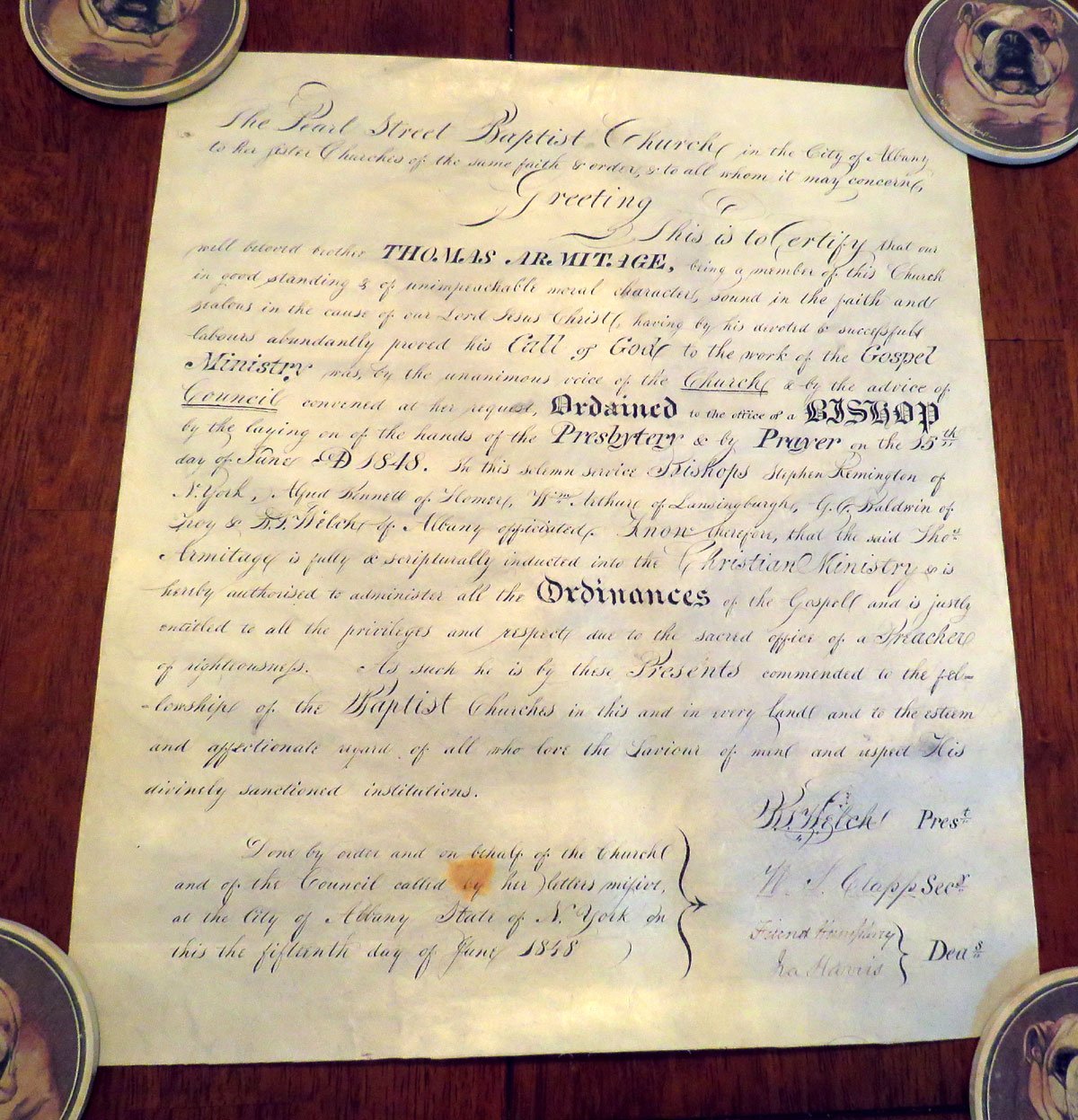Bible collecting has evolved into a notable investment avenue, appealing to both religious adherents and collectors who recognize the historical and cultural significance of these…
Comments closedCategory: Blog
The Bible, in its myriad translations and editions, is the most widely distributed book in human history. Its journey from painstakingly hand-copied manuscripts to mass-produced volumes is a testament to technological innovation, religious fervor, and the enduring human desire for access to sacred texts. This illustrated guide explores the pivotal moments and technologies that transformed Bible production, making it accessible to millions.
Comments closedKing James I, also known as King James VI of Scotland, was the first monarch to rule both England and Scotland. He is a notable figure in history for his contributions to literature, his efforts to establish peace between Catholics and Protestants, and his impact on Christianity. He ruled from 1603 to 1625.
Comments closedBefore 1500 the cost of paper far exceeded any other expenses incurred by printers and publishers when issuing a new book. The larger the book,…
Comments closedI recently acquired a bit of United States history and a lot of Baptist history. I am a little unsure of what I should do…
Comments closed




